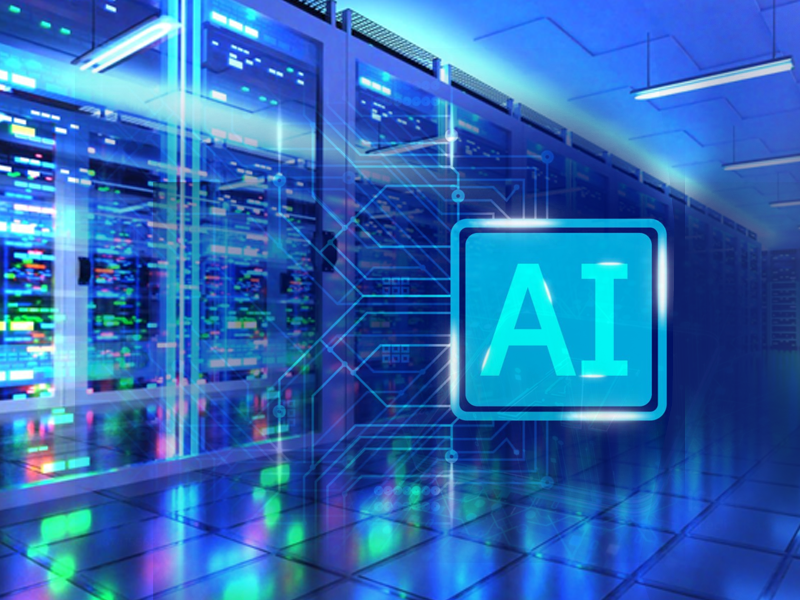Artificial intelligence has rapidly proliferated into numerous subfields, one of the most intriguing of which is agentic AI. These autonomous systems are capable of independent decision-making and are transforming the roles of controllers and CFOs.
Agentic AI proactively analyzes data, makes decisions, and adapts to complex scenarios. While your organization is still responsible for setting up operating guardrails, the technology can function with a greater degree of autonomy.
Here’s a look at how agentic AI is changing key finance functions like forecasting, scenario planning, and strategic decision-making.
What Is Agentic AI?
In contrast to more limited AI tools, agentic AI systems operate autonomously, using advanced algorithms and data inputs to achieve specific goals. In finance, they can process huge datasets, identify trends, and execute tasks like budget optimization or risk assessment without constant human input.
While you must still review and verify the results that these technologies yield, they act autonomously and save you a tremendous amount of time and effort.
Agentic AI enables you to implement custom solutions for specific tasks. However, that’s only the beginning. As the technology becomes increasingly sophisticated, you will be able to automate entire workflows and functions. The expanding capabilities of agentic AI will lead to drastically reduced workloads and substantial productivity gains.
Agentic AI vs. AI Agents
You’ve likely heard of AI agents. Your organization may even be using them for customer-facing and employee-facing tasks. While they are similar to agentic AI, the latter is far more autonomous and agile.
AI agents are task-specific tools that automate defined processes, like chatbots that handle customer inquiries. They operate within set parameters and require human input for complex decisions. While these tools are becoming more sophisticated, they are still a step behind agentic AI.
Agentic AI differs in its autonomy and ability to engage in independent decision-making. AI agents may struggle to respond to scenarios they are not programmed to handle. On the other hand, agentic AI technology can adapt to dynamic events in real time.
An AI agent is similar to a skilled employee who is trained to fill a very specific role. Agentic AI is more akin to an entire team of professionals, each of whom handles different tasks.
Transforming Forecasting and Planning
The potential for agentic AI is virtually limitless. One of the most exciting use cases is also an area where the technology can make an impact right now: forecasting and planning.
The current business climate is more unpredictable than ever, and one major misstep can leave your business in damage control mode. Agentic AI elevates your forecasting capabilities by analyzing real-time financial and market data to predict cash flow, revenue, and risks with unprecedented precision.
One major limitation of traditional analytics is how long it takes to gather and interpret data. By the time you deliver your reports, the information could be weeks or even months old.
Integrating your existing business systems with agentic AI accelerates this process. While there will still be a need for monthly, quarterly, and annual reports, you can augment them with more frequent updates that use timely data.
Upping the frequency of your reporting processes while slashing turnaround times gives the C-suite the information they need to react and adapt to market changes.
Redefining Strategic Decision-Making
With agentic AI, your role can change from data processing and compliance to strategic leadership. Controllers have gradually been making this shift over the last decade or two. Modern artificial intelligence tools have accelerated this change, making you an indispensable member of the strategic decision-making team.
Agentic AI can also play a valuable role in the financial auditing process. These systems flag anomalies, such as discrepancies in accounts payable, in real time in order to enable swift action. In a world where you need to make better decisions faster, agentic artificial intelligence tools are the secret to success.
Implementation Challenges and How to Solve Them
Adopting any new technology, especially one as sophisticated as agentic AI, requires overcoming hurdles like system integration and staff training. Legacy platforms may not support advanced AI, which means that you must include the replacement of outdated technologies in your implementation plan.
Your organization cannot successfully adopt artificial intelligence tools without a foundation of scalable, nimble systems. With that in mind, start by evaluating your current technology suite and identifying deficiencies that may hinder your ability to adopt agentic AI.
Once you’ve addressed underlying technological shortcomings, begin a gradual rollout with pilot projects, such as automating accounts receivable. Partner with your IT team to ensure data security and a seamless integration process.
How to Prepare Yourself for the Future of Finance Work
Agentic AI is coming, whether you are ready or not. However, it is not a replacement for you and your team. Instead, this technology will help you work smarter, make decisions faster, and achieve more. It’s up to you to increase your digital fluency and lead the way.




